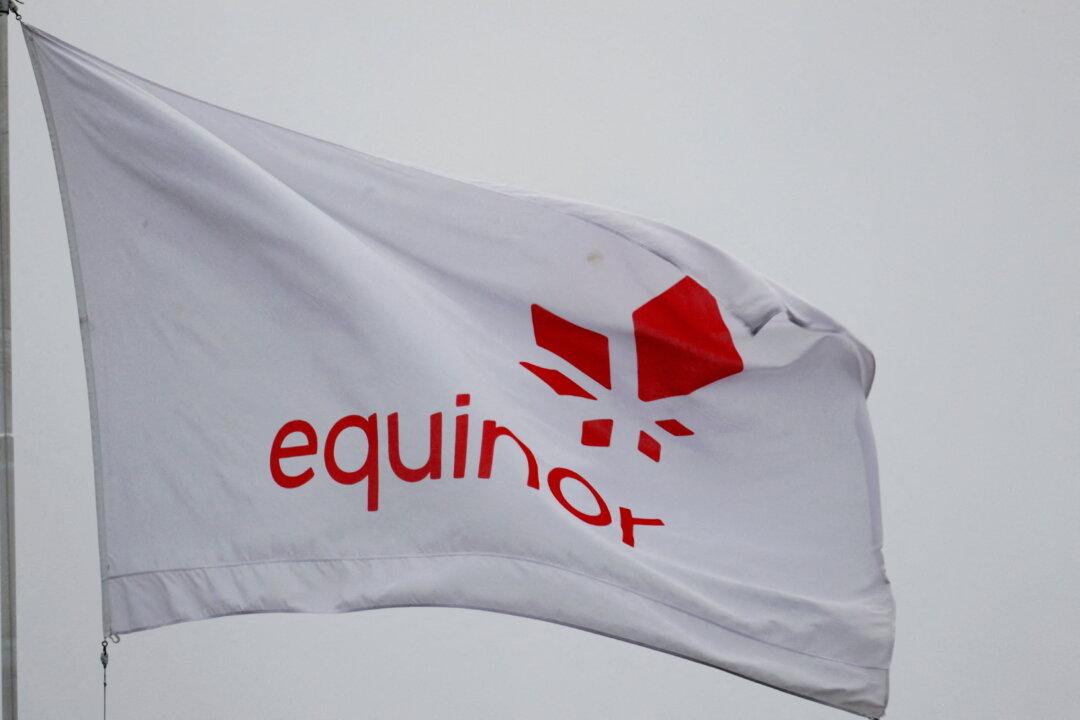A major Norwegian energy company has reached an agreement to supply Europe’s largest economy with “blue” hydrogen.
Norway’s Equinor announced an agreement on Jan. 5 to supply the German power utility, RWE, with low-carbon hydrogen, in the first step towards replacing natural gas and coal, reported Deutsche Welle.





